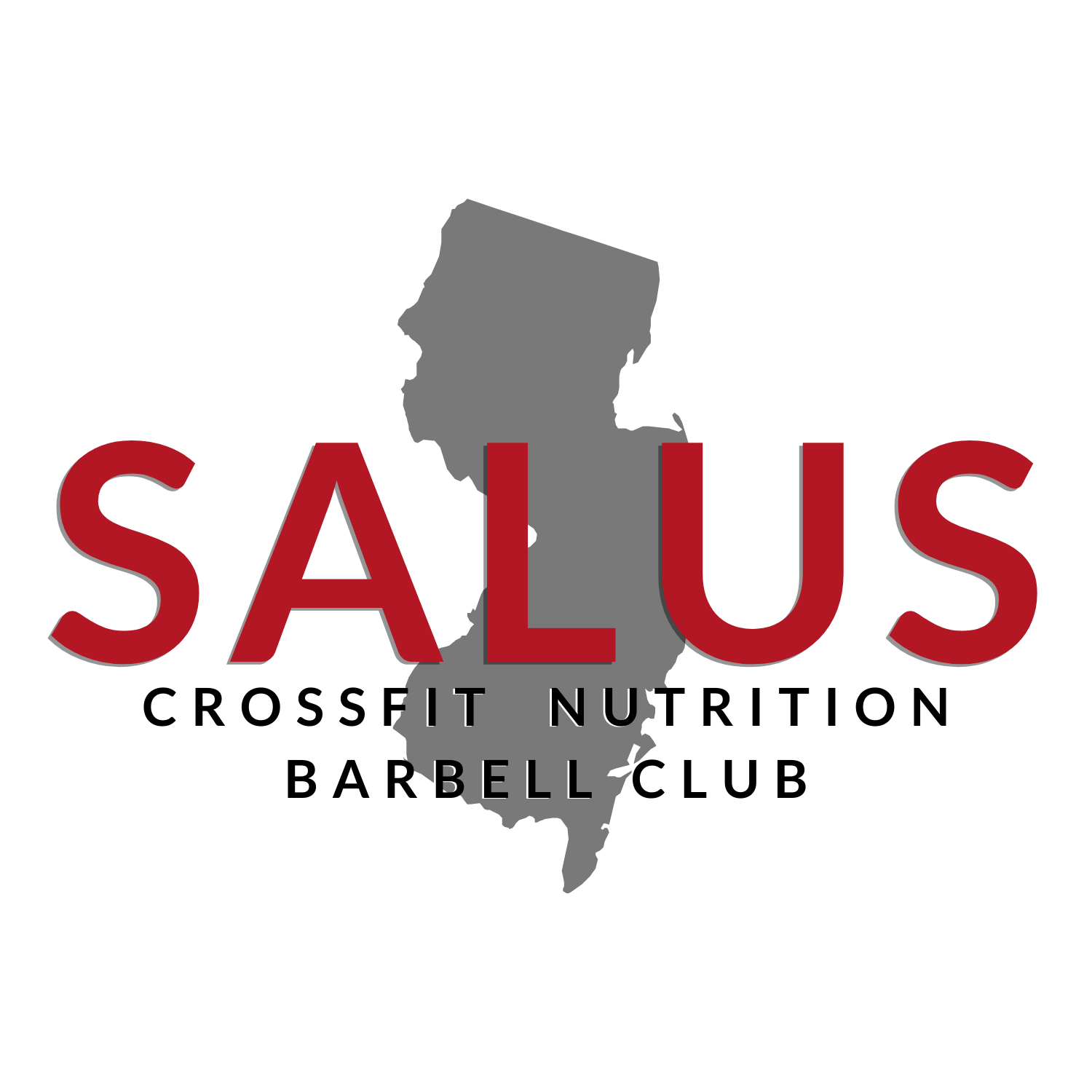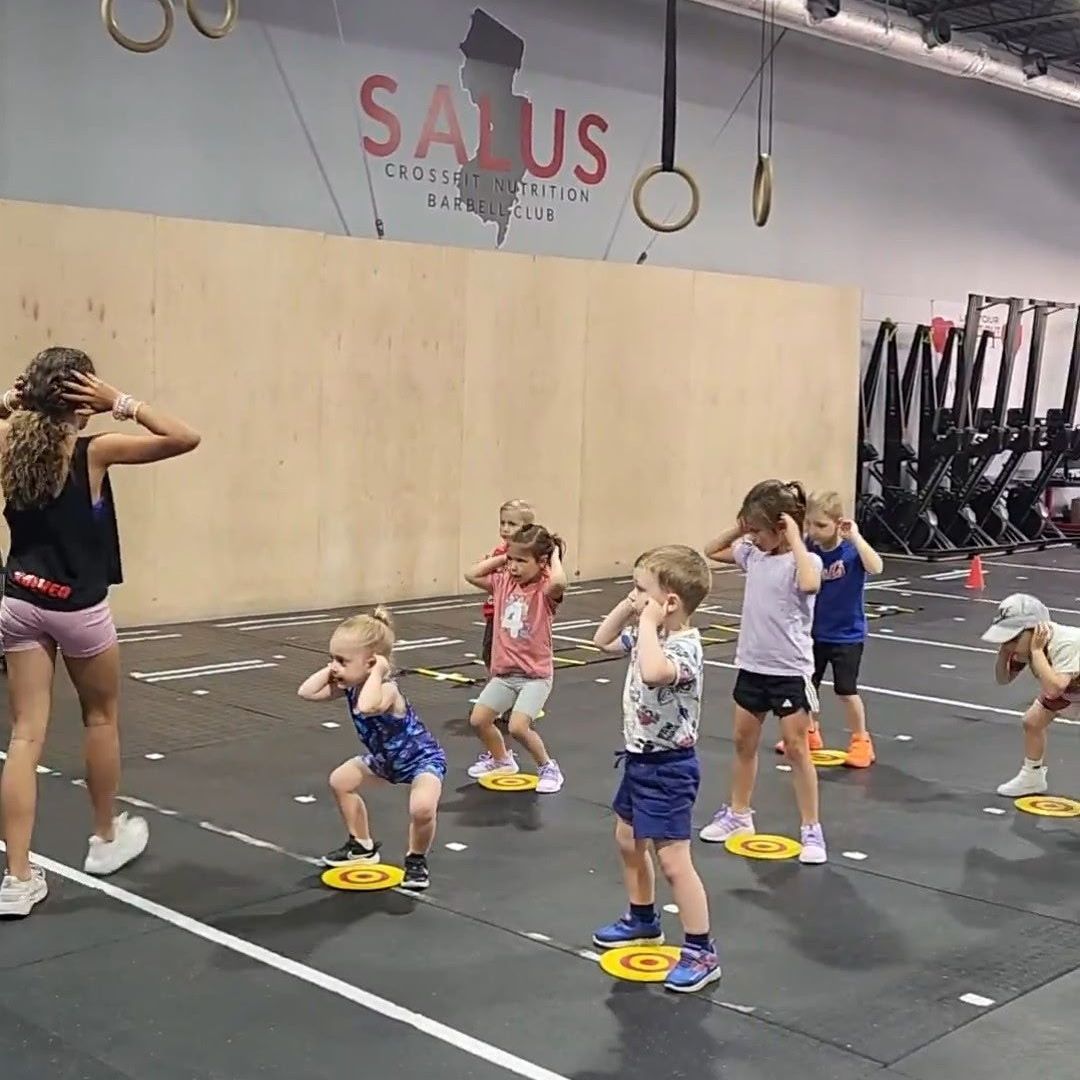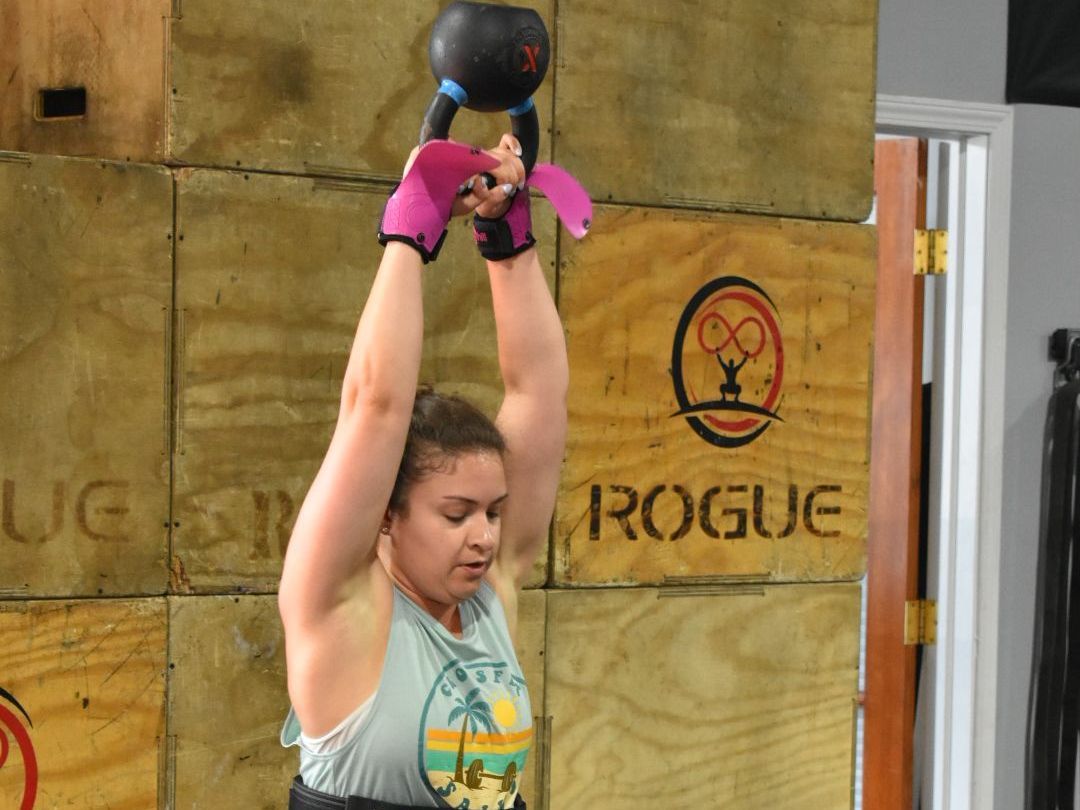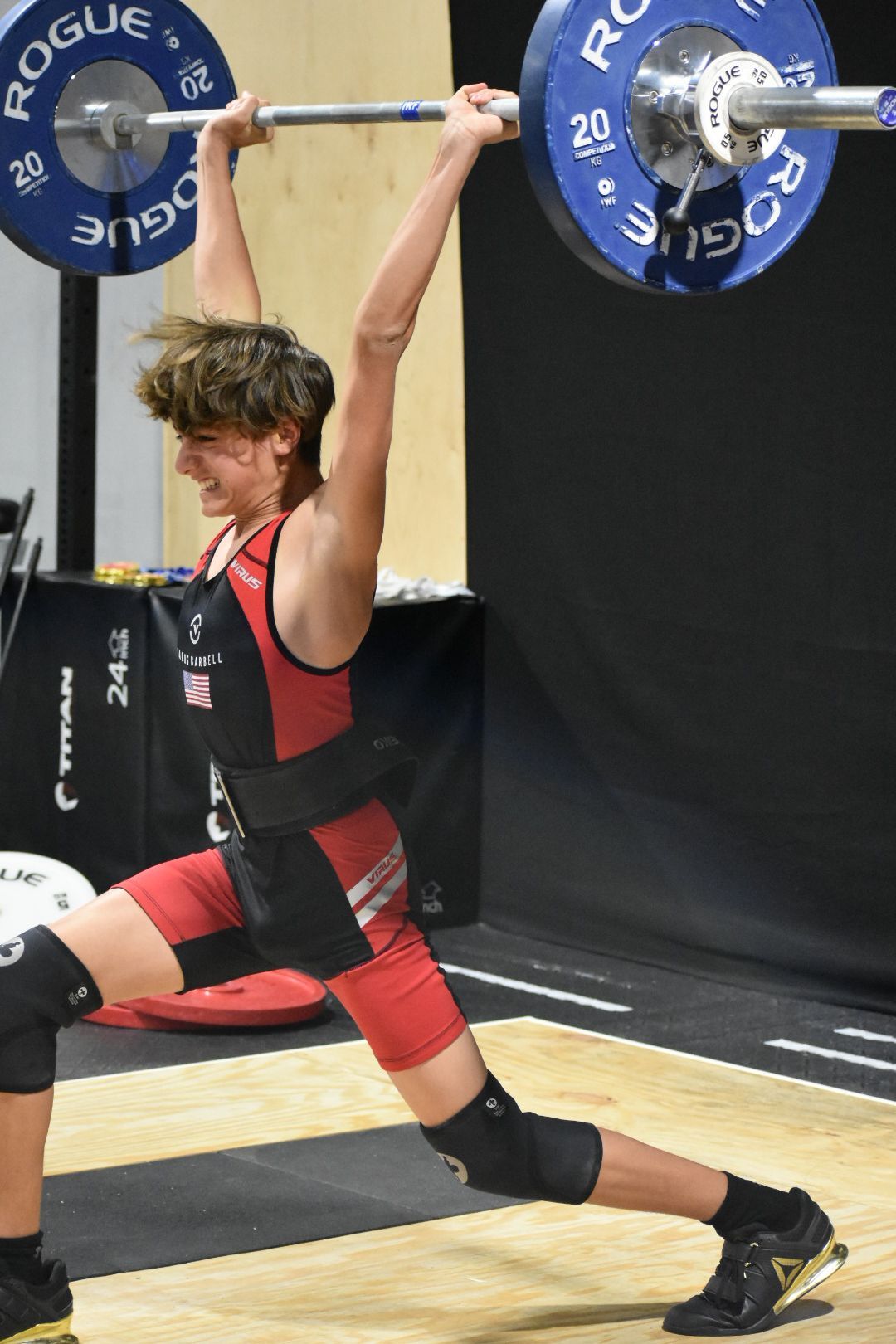Importance of Staying Hydrated
We need water to stay alive. Yet, we lose it all the time through sweating, respiration and excretion. Staying hydrated is important for many reasons; it lubricates joints, can help delay the onset of fatigue, regulates body temperature and brings nutrients to cells to name just a few.
Adequate hydration before exercise ensures optimal physiological and performance responses. Unfortunately, many individuals workout in an already dehydrated state, which can put them at a disadvantage for performance and recovery.
How Much Water Do I Need?
So, how much water should you drink?
Most adults need about three liters of water every day. But, as always, many factors should be taken into consideration:
- Larger individuals need more than smaller individuals.
- Sick? You will probably need extra fluid replacement and electrolytes, too.
- If it’s hot out or dry, you could use 500 mL more.
- And if you’re working out hard, you could be looking at up to six liters a day!
For example: when individuals workout and work in warm environments, their water needs can be considerably larger than those for sedentary individuals and may increase up to 10 liters/day.
Estimate your fluid needs by using this calculation:
- Body weight in pounds divided by 2.2= Body weight in kg
- Body weight in kg x 30-40 mL of water
- If you prefer to work in ounces, take that number in mL and divide it by 29.5
As with your nutrition needs, water needs will vary depending on the above as well as how long and how intense your workouts are. Be sure to consider the amount of time you spend exercising. You will need additional fluid around the time of exercise and more if it’s hot out.
For Kids/Teens
Why is hydration important for kids and teens? Hydration is the key to feeling energized. Even if you feel as if you drink a lot of water, drinking water when you are at school all day and then practice in the evening can be a challenge. Creating a hydration schedule can help get you in the habit of drinking at regular times throughout the day.
Use this as your starting guide:
• Girls and Boys 4 to 8 years = 7 cups
• Boys 9–13 years old= 10 cups
• Girls 9–13 years old= 9 cups
• Boys 14–18 years old= 14 cups
• Girls 14–18 years old= 10 cups
8 gulps is roughly equal to 1 cup of fluid. If you stop and take 8 at least 4 times throughout the day, you consume 4 cups of water without even realizing it.
1 gulp = ~1 ounce of fluid! 8 gulps = ~ 1 cup.
Body Water
Water makes up about 55-60% of our bodies.
Over half of you is water.
Bone (22%), body fat tissue (25%), muscle and brain tissue (75%), blood (83%), eyes (95%), etc.
For example, if you are a 130 pound female, your cells are soaking in about 72 lbs of water on most days. If you’re on your menstrual cycle, it will be more. Our body composition and hormones all play a role in how much water we carry around.
This is one of the reasons that the bathroom scale doesn’t always tell the whole story. Weight fluctuation from fluid balance can affect the number on the scale more than you might realize.
Benefits of Water
Water is critical for most of our body’s functions.
- Water helps to dissolve proteins, bring nutrients to cells and carry waste products away.
- Water helps to lubricate joints and acts as a shock absorber for the spinal cord and eyes.
- Water helps to regulate our body’s temperature. When we workout, our body temperature increases…and we sweat. As the sweat evaporates from our body, it cools us off.
- Adequate water consumption can help reduce your daily calorie intake, as it increases your feelings of fullness, which can ultimately lead to weight loss.
- While drinking water before each meal may not be the equivalent of drinking from the fountain of youth, it certainly can help to improve rough, dry skin. Especially at this time of year, which can be worsened by dehydration. You may not feel as thirsty during the cold winter months as you do during the hot summer ones, but drinking water is important no matter what the weather.
- Dehydration can also cause a drop in energy levels. It makes sense as water is crucial for nearly every system of your body to function properly. And guess what? If you are thirsty, you are probably already slightly dehydrated. Prevent this from happening by drinking water regularly throughout the day–a glass before each meal is the perfect way to stay on an energy-boosting track.
- Water can also have an impact on physical performance. Losing as little as 2% of your body’s water content can significantly impair your physical performance.
- Drinking water may help reduce headaches and headache symptoms, help relieve constipation, and even prevent hangovers.
Electrolytes
Electrolytes (minerals such as sodium, potassium, calcium, and magnesium) are often lost in urine and sweat.
If sweating lightly, water is an acceptable fluid replacement beverage, but many individuals lose a large amount of sweat during training and that loss can be accompanied by a large electrolyte loss. While plain water is a good thirst quencher, it’s not effective to rehydrate in this case. Only when water is combined with foods/liquids that contain sodium, chloride and other minerals will sufficient water be retained to promote rehydration.
Hydration from Food
Depending on our diet, we can get water from the food we eat.
Foods like raw fruits and veggies are mostly water, high-fat foods, like nuts and butter, have very little water.
Even coffee and tea, pre/post workout supplements can help with hydration.
Yes, caffeine acts as an diuretic, as it increases urination. But it doesn’t increase the ratio of excreted fluids to fluids taken in, if you are accustomed to it. The body adapts (as always).
But, if you are drinking excessive amounts of caffeine, its diuretic effect will drain your body. Generally though, the typical 1-2 cups will have a minor effects.
The more dehydrated your body is, the more concentrated your urine becomes which makes it a darker the color. That being said, make sure you’re peeing light yellow to pale or clear pee…that reflects a good balance. #peecolormatters
Our body helps us regulate hydration needs through thirst so we take in more water when we need it, but it’s not a perfect system. There’s a “lag time” from when we lose fluid and feeling thirsty. We typically don’t notice the sensation of thirst until we’ve lost about 1-2% of our body water.
And unfortunately, even a slight dehydration can lead to decreased focus, performance and concentration.
Importance of Hydration
We lose water when we sweat, if we don’t drink enough before, during and after, losing even small amounts of water can directly affect our performance at the box and energy levels throughout the day.
The following occurs as fluid loss affects bodyweight:
- Losing only 0.5% of body water could result in an increased strain on your heart to pump blood through your body (this means your heart rate will have to increase to deliver the same cardiac output).
- If you lose just 1% of body water, you could decrease your aerobic endurance.
- If you lose 2% of body water, you could experience a measurable decrease in performance
- If you lose 3% of body water, you could be looking at headaches, dizziness, a reduction in muscular endurance and a 5% loss in power output.
- If you lose 4%, it could result in reduced muscle strength, decreased motor skills and an increase in heat cramps.
- If you lose 5%, you could be looking at fatigue, 30% decreased work capacity, reduced mental capacity, even cramping and heat exhaustion.
- If you lost 6% of your body water, it could result in physical exhaustion, heat stroke and even a coma.
- 10-20%…death.
How can you make sure that you’re getting enough water each day?
El Em En Oh…Check your pee:
What color is your pee when you wake up and throughout the day? Generally speaking, a pale yellow color means that you’re well hydrated. A dark yellow color or infrequent urination suggests dehydration.
Let’s talk about poop, baby.
Listen, I know it’s uncomfortable to talk about, but it’s a natural and necessary part of being human. If you’re dehydrated, you also risk being constipated. If your bowel movements resemble hard, dry pellets, chances are likely that you haven’t had enough water (or enough fiber…or exercise).
Trick to Stay Hydrated
One of my tricks, as I’ve mentioned, is to fill 26 ounces of water and put it by my bathroom sink before I go to sleep. The next morning, I drink the entire bottle right away.
Let me tell you: it’s like a wake-up call to the digestive track.
And that, dear friend, is the shit.
Learn More About Staying Hydrated
If you could do one super simple thing that could help you lose weight, improve your skin and feel more energetic during the day and during your workouts, you’d do it, right? Ready for the secret?
All you need to do is: Drink one glass of water before each meal and sit back to reap these benefits.
You’ve got questions about staying hydrated, counting macros, nutrient timing or simply eating right to boost energy? We’ve got your answers.
Set up a free 15-minute consultation to discuss your individualized nutrition plan today.
The post Importance of Staying Hydrated appeared first on Salus.





